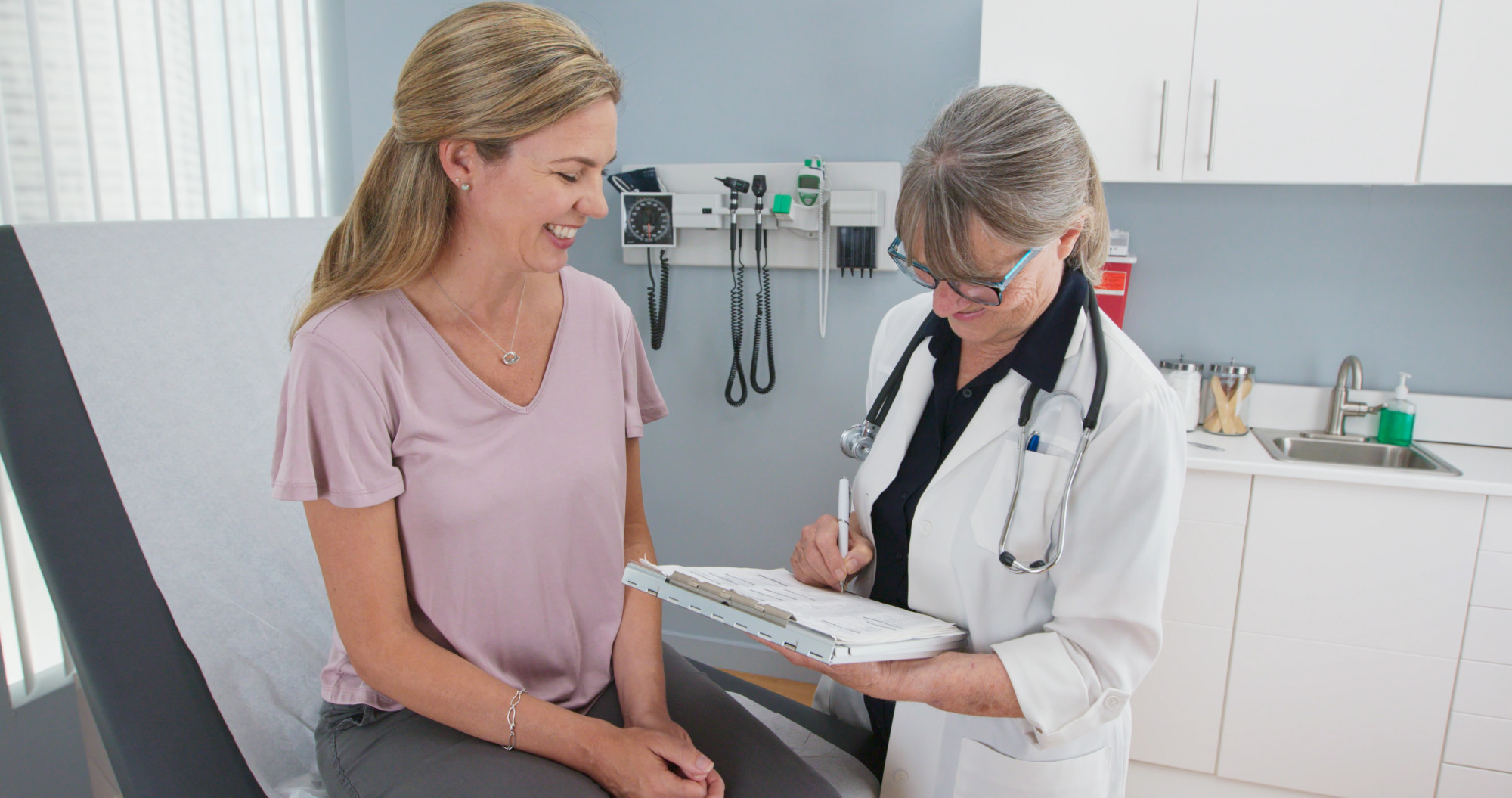Gynecology: 6 Reasons to See a Gynecologist Regularly
Did you know that it’s not uncommon for people in the United States to actively avoid medical care? For many women, this includes avoiding or skipping their annual gynecology appointments. This is often due to a lack of education or even anxiety about visiting a gynecologist.
However, there are several good reasons to make sure you see a gynecologist on a regular basis — and not just when you’re trying to get pregnant or think you might have an infection. So, the importance of gynecology appointments cannot be stressed enough.
We’ve put together a brief guide that details everything you need to know about why you should make regular visits to this type of professional. Let’s dive in.
1. Annual Pap Smears Can Detect Early Signs of Cancer
Cervical cancer is one of the most preventable types of cancer, yet it’s still the fourth leading cause of cancer death in women worldwide. One of the best ways to catch cervical cancer early is to get a pap smear at least once per year.
This simple test involves taking a sample of cells from your cervix, which is then checked for abnormal changes that could indicate cancer.
2. Gynecologists Can Help With More Than Just Reproductive Health
While gynecologists are experts in reproductive health, they can also help with a variety of other health concerns.
For example, they can provide guidance on menopause, incontinence, and sexual dysfunction. Plus, because they’re trained in both obstetrics and gynecology, they’re often able to provide holistic care for women throughout their lives.
Under the right circumstances, visiting a gynecologist could lead to a sharp increase in your quality of life.
3. You Might Need More Than One Type of Gynecologic Care
There are different types of gynecologic care, and you might need more than one type depending on your age and health history.
For example, you might need a family planning appointment to discuss birth control options. Or, you may need a consultation about menopause or perimenopause.
4. Gynecologists Can Provide Guidance on Healthy Lifestyle Choices
Your gynecologist can also provide guidance on how to make healthy lifestyle choices that can reduce your risk of developing certain health conditions. For example, they might recommend ways to reduce your stress levels or how to eat a healthier diet.
Depending on your health situation, the recommendations can go a long way toward helping you improve your lifestyle.
5. Gynecologists Can Help You Understand Your Body
If you’re ever concerned about changes in your body, your gynecologist can help you understand what’s normal and what’s not. They can also provide guidance on when you should be worried about something and when you shouldn’t.
Having this level of understanding will help you feel more comfortable about your body and its natural functions.
6. Regular Gynecology Appointments Can Help Build a Relationship of Trust
Finally, regular gynecology appointments can help you build a relationship of trust with your gynecologist.
This is important because it means you’ll be more likely to feel comfortable discussing sensitive topics with them, such as sexual health concerns. It may take a couple of visits, but you will eventually begin to develop a bond with them.
What Should I Look For in a Gynecologist?
If you’re looking for a gynecologist, it’s important to find one that you feel comfortable with. This is the only way that you can ensure you make this a pleasant experience.
Here are a few things to look for.
They Should Be Board-Certified
As you might guess, you’ll want to make sure your gynecologist is board certified.
This means they’ve completed the necessary training and passed a rigorous exam. Otherwise, you may find yourself in a situation where you do not receive the best medical care.
This could lead to a number of complications in the future, such as being misdiagnosed or having your gynecologist overlook a serious issue.
They Should Have Extensive Experience
It’s also a good idea to find a gynecologist with experience.
You can ask them how long they’ve been in practice or check their reviews online. Although younger gynecologists are not always inept, it’s in your best interest to choose one who has been practicing for a while.
Keep this in mind when making your decision.
They Should Make You Feel Comfortable
Finally, it’s important to find a gynecologist that makes you feel comfortable.
This means they should be someone you feel like you can talk to openly and candidly. If your gynecologist ever makes you feel uncomfortable or you do not feel like you can communicate with them, it’s best to choose someone else. Many people find gynecologist visits unpleasant, and there’s no reason to make these situations worse.
When Should I See a Gynecologist?
In general, you should see a gynecologist once per year for a wellness exam. This is a yearly appointment where they’ll perform a physical exam and order any necessary screenings, such as a pap smear.
If you’re sexually active, you should also see a gynecologist more frequently. This is because you’re at an increased risk of developing sexually transmitted infections (STIs).
If you’re ever concerned about changes in your body or have any questions about your reproductive health, don’t hesitate to make an appointment with a gynecologist. They can provide the guidance and support you need.
Making a Gynecology Appointment Doesn’t Have to Be Complicated
No matter what your age, it’s important to make gynecology appointments regularly.
They can provide vital guidance on everything from reproductive health to menopause and beyond. Plus, they can help you make healthy lifestyle choices that can reduce your risk of developing certain health conditions.
Looking for other ways we can help you out in the future? Be sure to reach out to us today and see what we can do!







